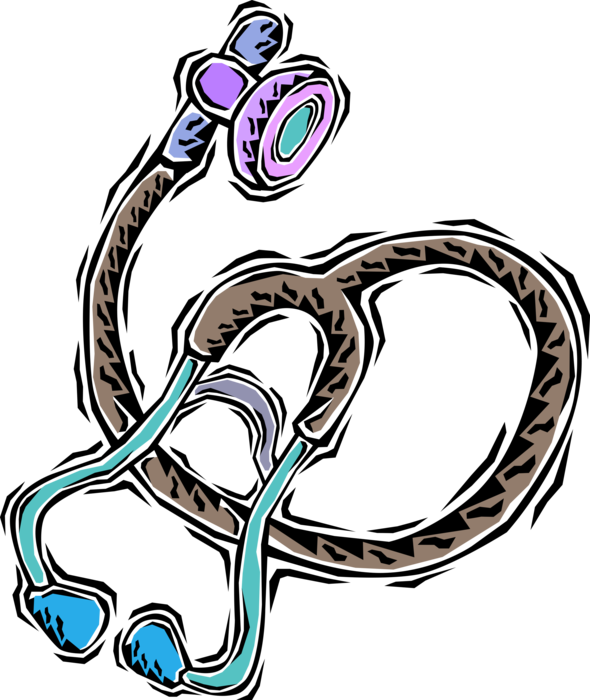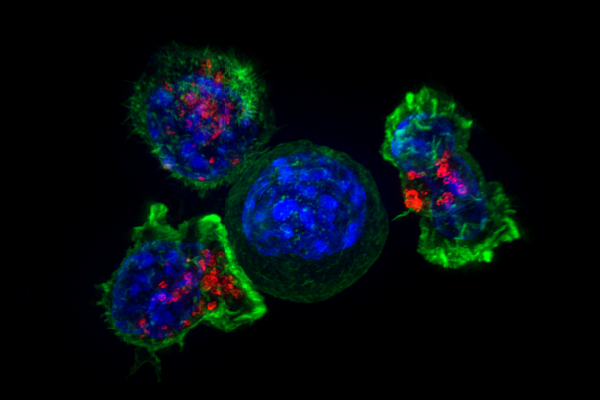AI-powered stethoscopes used in Nigeria diagnosed twice as many pregnancy-related heart failure cases as opposed to traditional methods.
From August 2022 to May 2024, pregnant women in Nigeria underwent a trial using an AI-powered stethoscope to detect a weakness in pumping blood.
The trial included 1,232 participants, of which 1,195 participants visited six hospitals in Nigeria, a country where the incidence of pregnancy-related heart failure is reported to be one in 96 deliveries,the highest rate worldwide.
Symptoms of pregnancy-related heart failure, including shortness of breath, difficulty breathing and extreme fatigue, are often interpreted as signs of normal pregnancy discomforts.
However, the Mayo Clinic’s 12-lead AI-electrocardiogram algorithm was 12 times more likely than traditional screening to flag heart pump weakness when evaluated at an ejection fraction threshold lower than 45%.
The algorithm was further advanced by Eko Health for their point-of-care digital stethoscope, which is Food and Drug Administration approved to detect a low ejection fraction, the clinical name for a weak heart pump.
The randomized trial in Nigeria gave pregnant and postpartum women usual care or AI-guided screening. It was found that the AI-guided screening doubled the diagnosis of pregnancy-related cardiomyopathy.
Dr. Demilade Adedinsewo, a cardiologist at the Mayo Clinic, stated that their “next steps would be to evaluate usability and adoption of this tool by Nigerian healthcare providers (including doctors and nurses) and importantly, its impact on patient care.”
“Peripartum cardiomyopathy affects approximately 1 in 2,000 women within the U.S. and as many as 1 in 700 African American women. Evaluating this AI tool in the U.S. will further test its abilities in varied populations and healthcare settings,” Dr. Adedinsewo explains. In the United States, cardiomyopathy is the greatest cause of death in the postpartum period.
Categories:
AI finds twice pregnancy-linked heart failure cases
October 2, 2024
More to Discover








